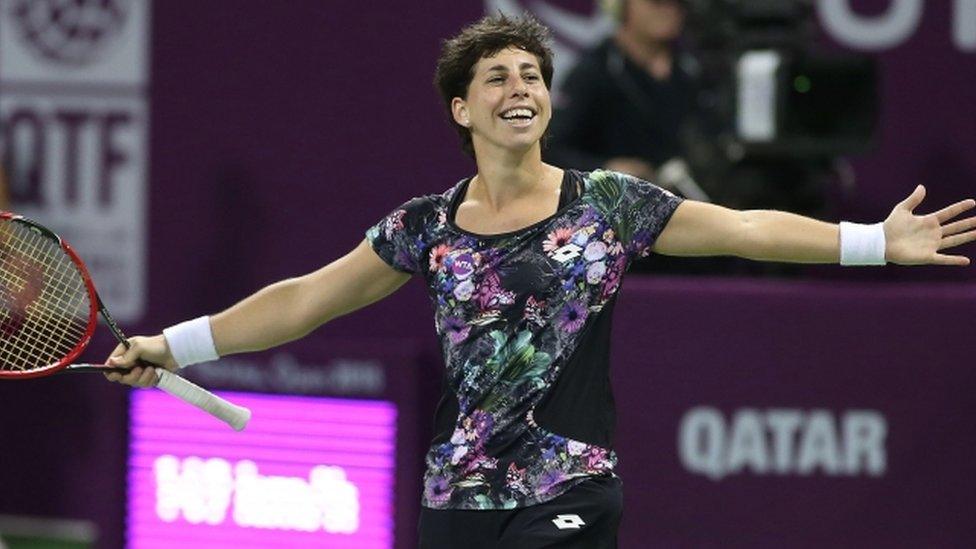British tennis still hunting for formula for sustained success
- Published
- comments
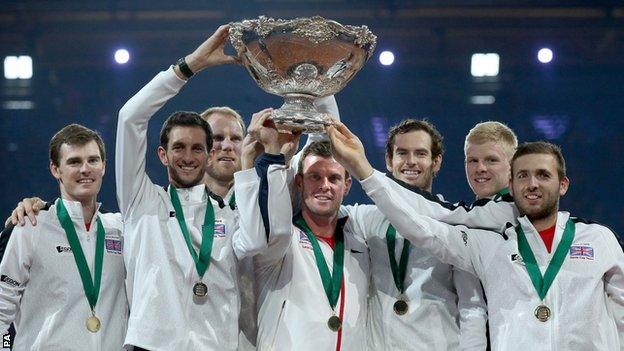
Great Britain's men beat Belgium in November to win the Davis Cup
Success in tennis is too often judged by what you earn and what you are entitled to, according to the man responsible for high performance in the British game.
Peter Keen, who kick-started the revolution in British Cycling,, external spoke to the BBC as Great Britain prepare to start the defence of the Davis Cup against Japan on Friday.
He did so with the team's recent criticism of the way the sport is run still ringing in the Lawn Tennis Association's ears.
"I'd much rather we never used the word funding to be honest," Keen said, at the end of his fourth month as the LTA's interim performance director.
"I find whenever it's used in sport, it's a negative. In the lottery-funded high-performance system in the UK, you would never hear people use the phrase: 'I'm on funding.'
"If you go to meet cyclists, rowers or sailors they talk about being on a team and being on a programme. I think the whole culture of tennis places far more emphasis on success being validated by what you win, what you earn or what you are entitled to."
At first glance, British tennis is in a dizzyingly elevated state.
The men are Davis Cup champions, while Andy Murray, brother Jamie and Johanna Konta all shone at the first Grand Slam of the year, the Australian Open.
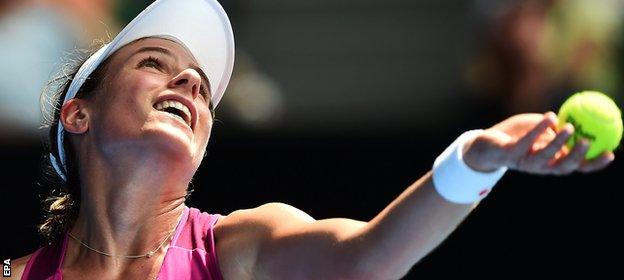
Johanna Konta reached the Australian Open semi-finals earlier this year
But less than 24 hours after winning the Davis Cup, the team voiced frustration at the way British tennis is run.
Andy Murray said he felt conversations with the LTA are "a waste of time", while Jamie highlighted the lack of boys with the ability to even qualify for the junior Grand Slams.
Captain Leon Smith, meanwhile, bemoaned the constant change in personnel and approach.
There are no guarantees Keen will get the opportunity to turn his thoughts into deeds, as the identity of the full-time performance director will not be revealed until after the Rio Olympics later this year.
"A criticism I've heard from so many people who care passionately about the sport is that we tend to move too quickly from one strategy to the next and often with significant changes of direction," Keen told BBC Sport.
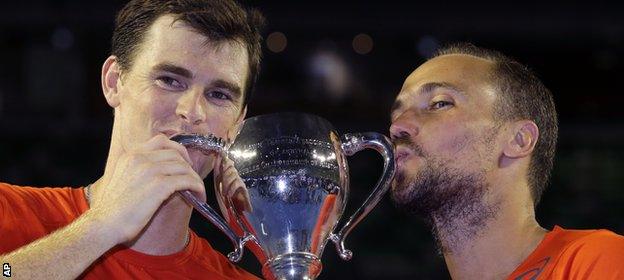
Jamie Murray partnered Bruno Soares (right) to men's doubles glory at the Australian Open
"We've yet to probably give any of the approaches that have been tried in the last quarter of a century long enough to really see whether it works enough."
His approach would be to identify potential stars of the future at a much later age - when they have reached 14, 15 or even 16.
"For me, it's more about allowing conditions for really high aspiring players with the right aptitude to find the right pathway into professional tennis, rather than us going out there and telling particularly young kids that they've either got it or they haven't," he said.
"Six, seven, and eight-year-olds might be starting to fall in love with the sport, but it will be many years before the kind of daydreams that people are nurturing at that age become a sufficiently clear vision for them to really understand what it's going to take to make it to the top."
Bob Brett - who coached Grand Slam winners Boris Becker, Goran Ivanisevic and Marin Cilic - was the LTA's director of player development until he resigned in July after less than a year in the job.
He claimed his role had been undermined by the LTA's announcement it would be seeking a full-time performance director.
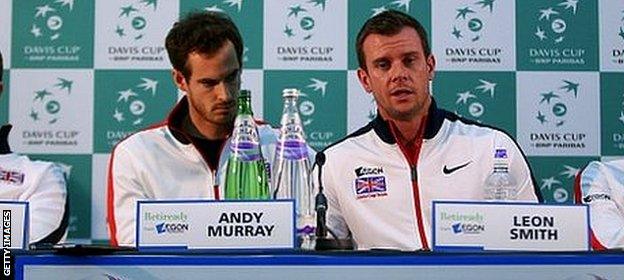
Britain are preparing to defend the Davis Cup in Birmingham
"There was definitely a change in my roles and responsibilities," Brett told me in January, in his first interview since leaving his post.
"In the future, there could be even more of a reduction of that.
"That wasn't the reason why I accepted the position, so it's much better for me personally - with the passion I have for the game and the development of it - to not accept anything else."
Brett is coaching in Asia and at his academy in San Remo, but he still has thoughts on how British tennis should be run.
He believes the LTA would be stronger if it is integrated with the All England Club, in the way the other Grand Slam nations run their tennis programmes.
He also suggested the LTA may have missed "one or two generations" of male stars by focusing so hard on Kyle Edmund and other talented players who emerged at a similar time.
The debate about how to make the most of the vast financial resources afforded to British tennis by the Wimbledon Championships stretches back decades.
It is invariably an uncomfortable one for the LTA, which does not always have the platform to present its case.
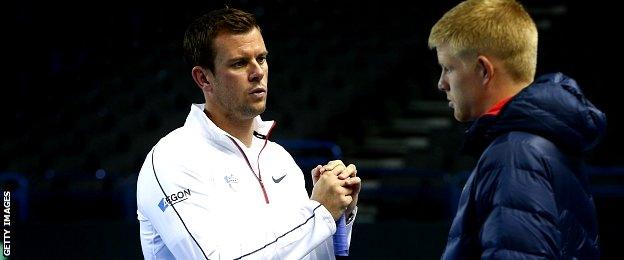
Kyle Edmund (right) has made impressive progress on his way into the world's top 100
But despite the hornet's nest stirred up by the Davis Cup team's very public criticism in Ghent last November, Smith believes some good has come of it.
"Every cloud has a silver lining," said the Scot.
"While the timing wasn't great and not what the team wanted - or the LTA obviously - a shift towards teamwork has seen me sitting in the boardroom during planning meetings.
"Some of those conversations may not have taken place, so I think it is silver lining stuff."
Hear more by listening to State of the British Game on BBC Radio 5 live Sport from 20:00 GMT on Thursday.
- Published2 March 2016
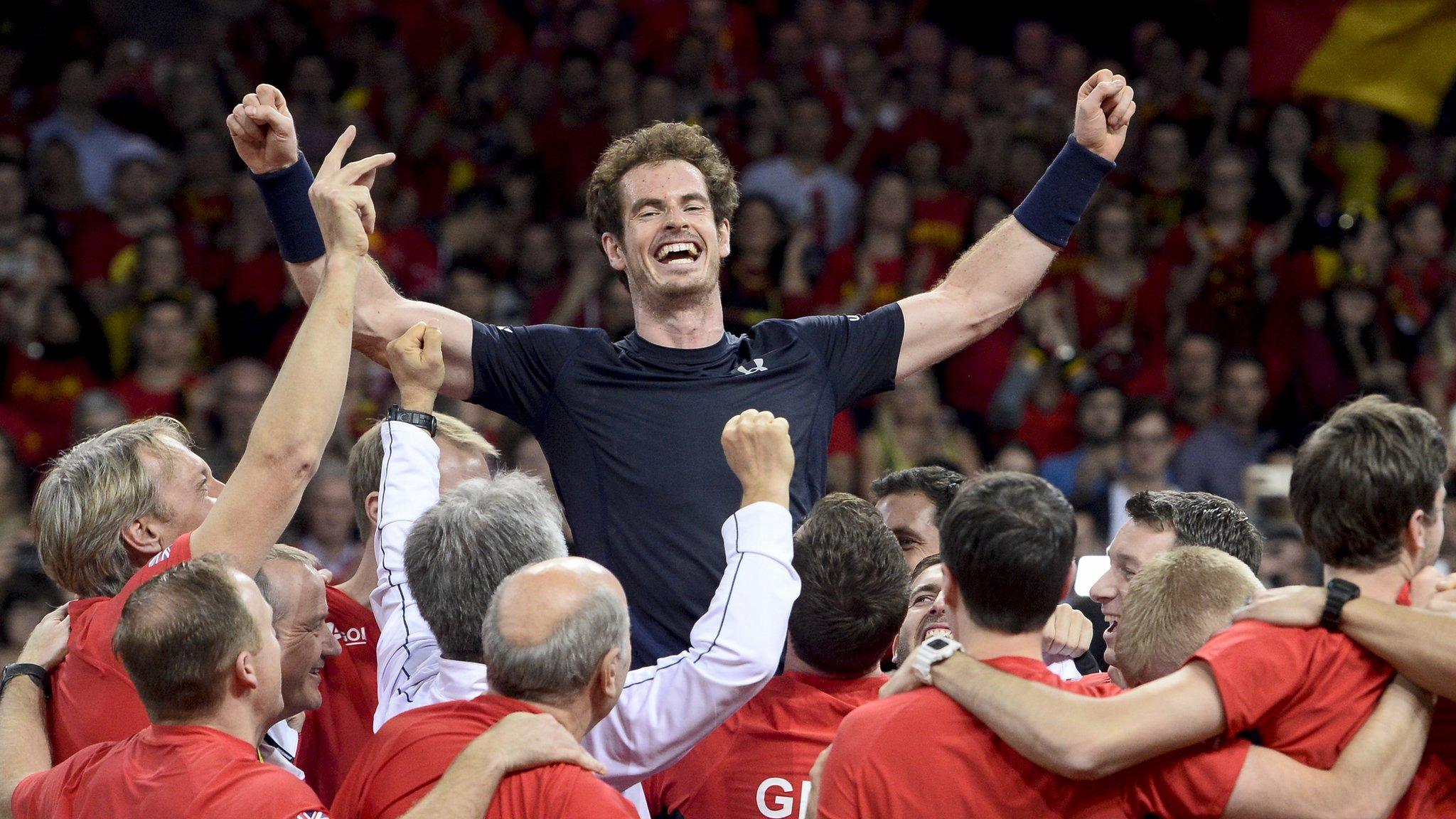
- Published19 July 2016

- Published17 June 2019
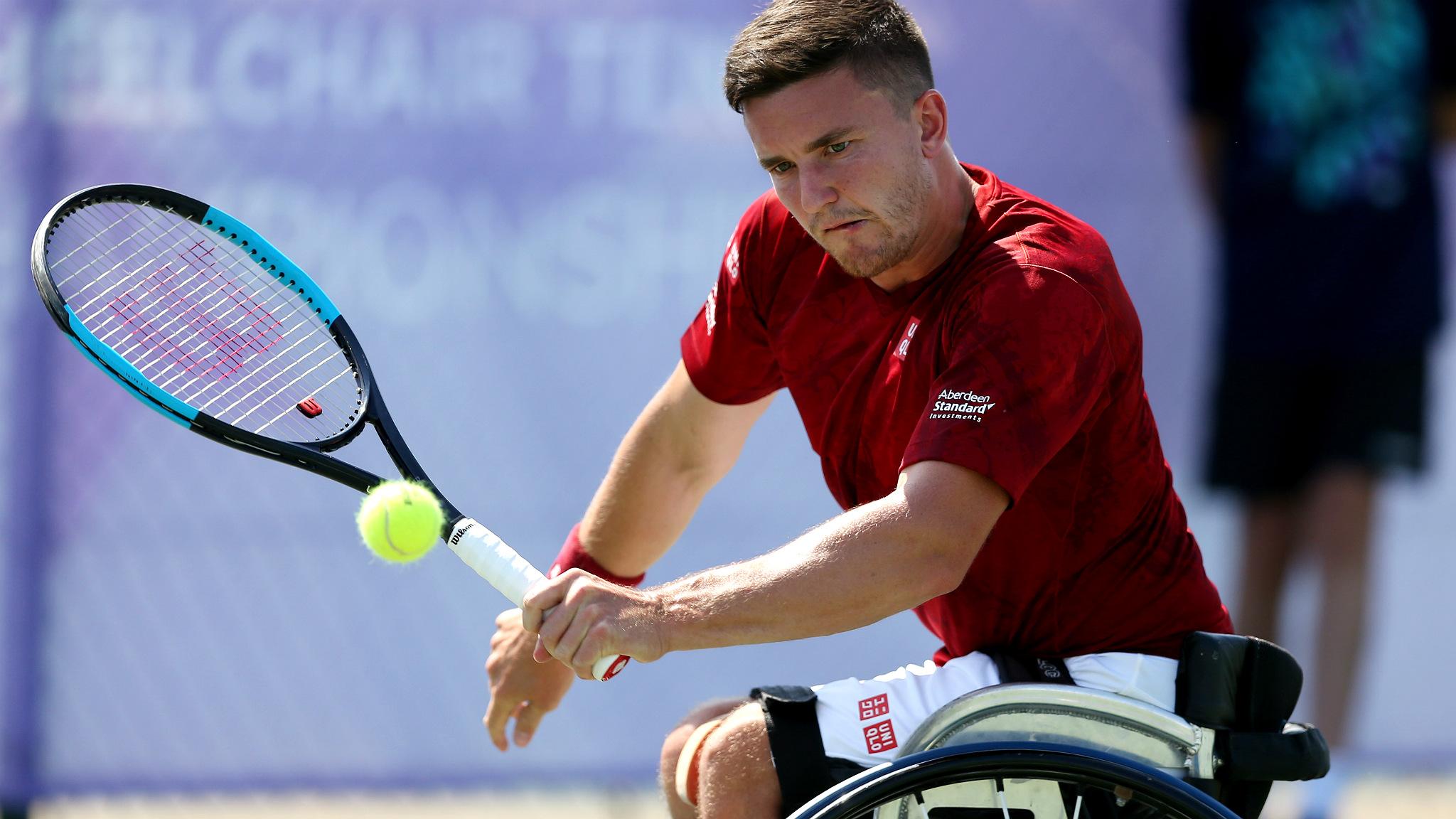
- Published27 February 2016
